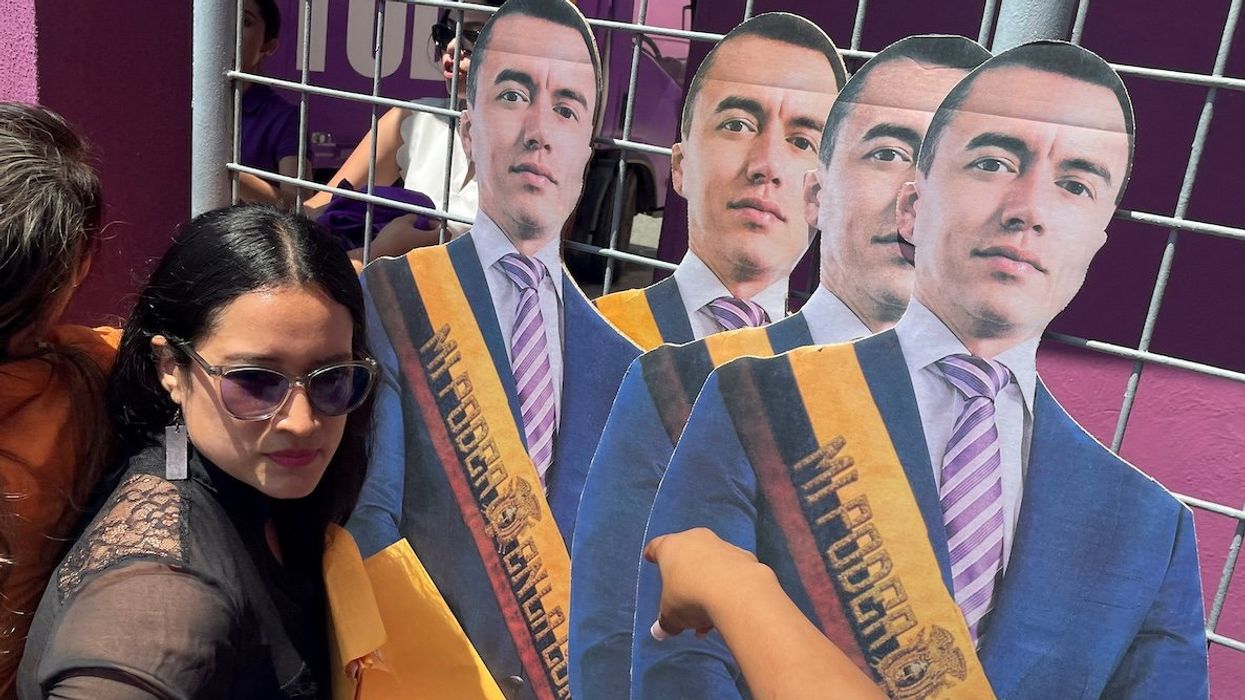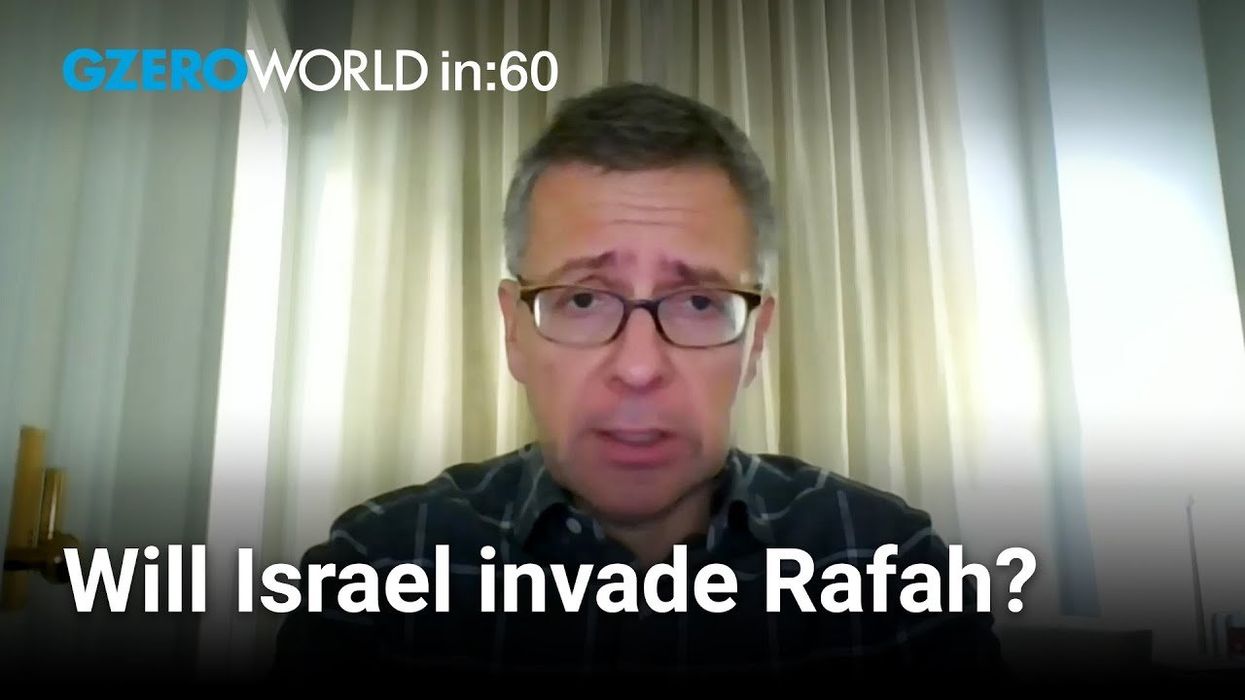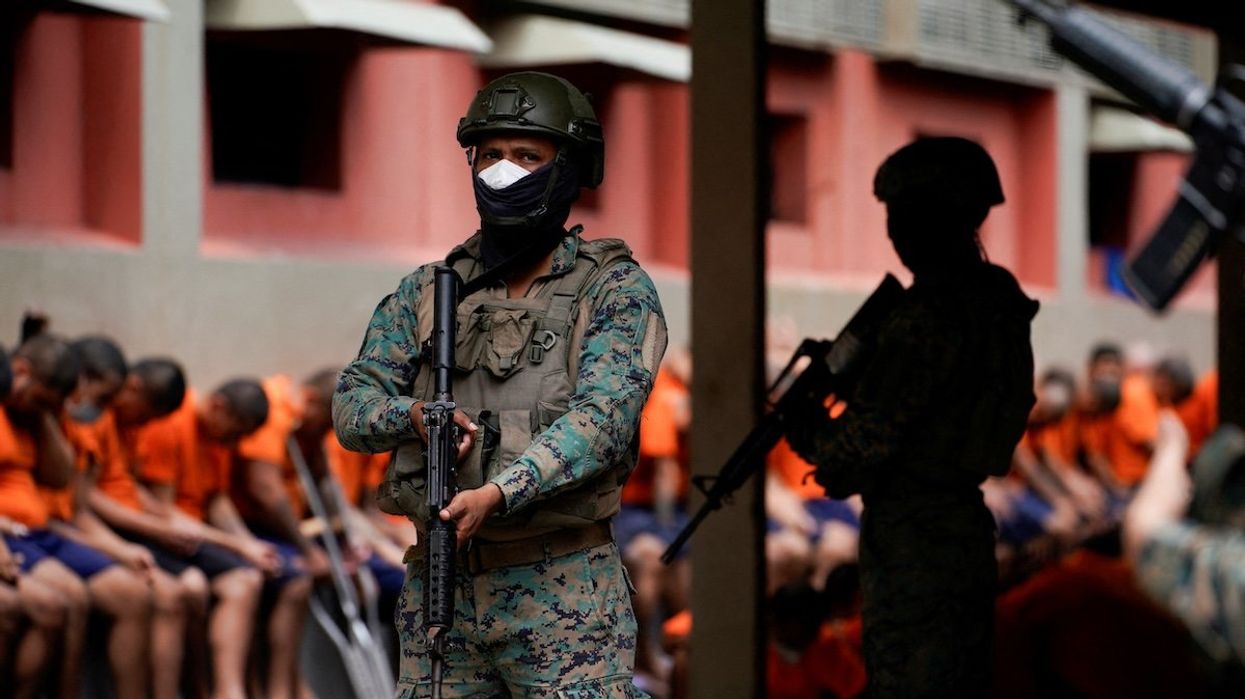Viewpoint
Viewpoint: With his reelection bid, Ecuador’s Noboa seeks more time to bring violence under control
Ecuadorians head to the polls on Sunday, Feb. 9, to choose their next president against a backdrop of spiraling violence similar to that of the last presidential election in 2023.
Feb 06, 2025



